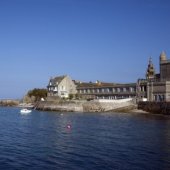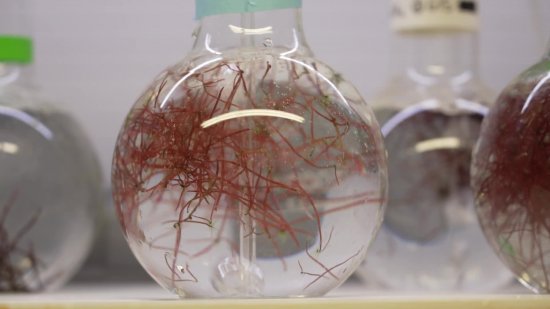
Station biologique de Roscoff (SBR)
ROSCOFF CEDEX
The Roscoff Biological Station has set its focus on basic biology and marine biodiversity and eco-systems. Research in these fields draws on the latest methods in molecular and cell biology, in particular genomics and its derivatives, and interfaces them with environmental sciences, chemistry and mathematics. The goals of this research are a better comprehension of the evolution of life, as well as ecosystem functioning and the adaptation of marine organisms in response to global change.
